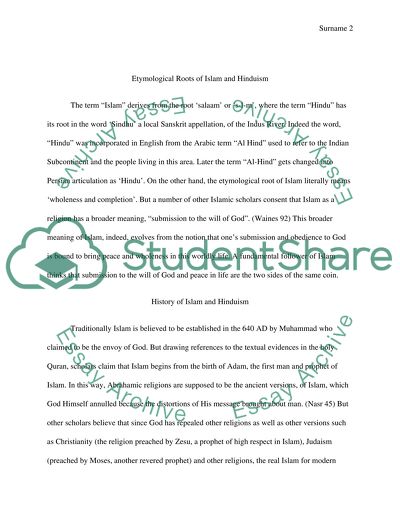Cite this document
(“An Overall Analysis of Various Aspects of Islam Research Paper - 1”, n.d.)
An Overall Analysis of Various Aspects of Islam Research Paper - 1. Retrieved from https://studentshare.org/religion-and-theology/1449681-hinduism-and-islam
An Overall Analysis of Various Aspects of Islam Research Paper - 1. Retrieved from https://studentshare.org/religion-and-theology/1449681-hinduism-and-islam
(An Overall Analysis of Various Aspects of Islam Research Paper - 1)
An Overall Analysis of Various Aspects of Islam Research Paper - 1. https://studentshare.org/religion-and-theology/1449681-hinduism-and-islam.
An Overall Analysis of Various Aspects of Islam Research Paper - 1. https://studentshare.org/religion-and-theology/1449681-hinduism-and-islam.
“An Overall Analysis of Various Aspects of Islam Research Paper - 1”, n.d. https://studentshare.org/religion-and-theology/1449681-hinduism-and-islam.


